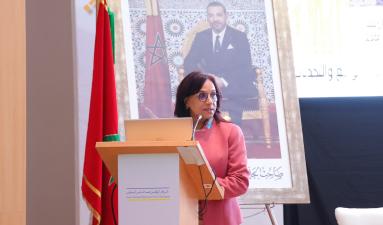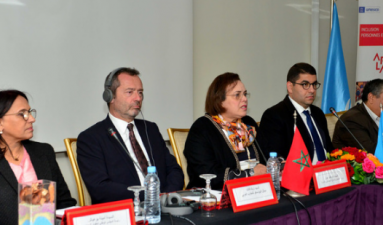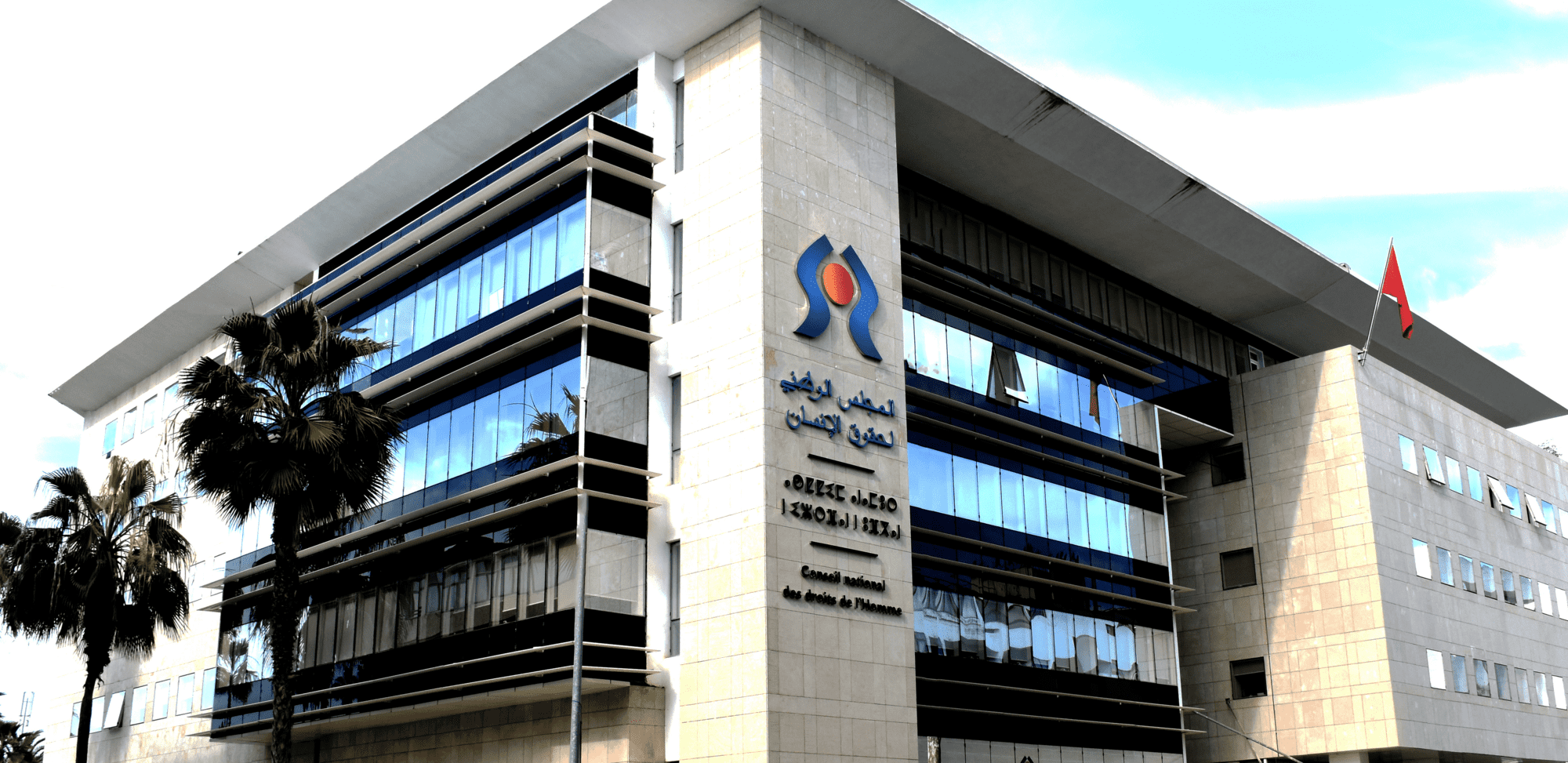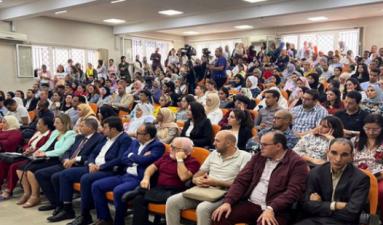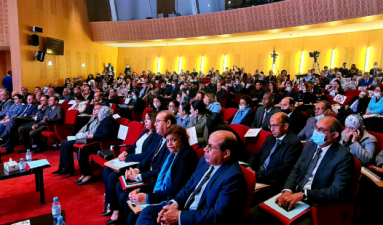Ms. Amina Bouayach, Chairperson of the National Human Rights Council (CNDH), announced that the CNDH encourages, through its strategy based on the effectiveness of human rights, the adoption of an inclusive educational policy based on ensuring the right to education and scientific research for persons with disabilities without discrimination on the basis of the type or degree of disability. The adoption of this policy shall be in line with national programs that have been launched since the ratification of the International Convention on the Rights of Persons with Disabilities (ICRPD) and its Optional Protocol on April 9, 2009, which have been translated into the preamble of the 2011 Constitution and its Articles 6, 31, 32 and 34.
In her opening statement at the scientific seminar on integrating persons who are blind or visually impaired in the university space, Ms. Bouayach stressed the importance of shedding light on this issue to mobilize all human potentials at the university to develop it into space for scientific production and pluralistic debate that integrate disability perspective in its universal and global dimension.
Ms. Bouayach said that the CNDH and the Ministry of National Education, Vocational Training, Higher Education and Scientific Research, Morocco signed the cooperation and partnership agreement last week. This agreement included the establishment of human rights clubs in universities and university residences to promote human rights culture. It also included the publication of a scientific journal to share reflection and dialogue on this issue.
Ms. Bouayach also underlined the CNDH's mandate related to the protection of groups in a vulnerable situation. She noted the establishment of the National Mechanism for the Protection of Persons with Disabilities in the CNDH, since September 2019. She reaffirmed that the missions of this mechanism include protecting and promoting the access of this group to their basic rights. She also indicated that this mechanism monitors and follows up on the implementation of the ICRPD at the national level following its Paragraph 2 of Article 33.
Ms. Bouayach also highlighted the debate launched by the CNDH in December 2020 on the legal capacity of persons with disabilities in view of submitting proposals, with other actors, to develop an ambitious program to break with the guardianship system and replace it with the support system.
For her part, Ms. Saadia Waddah, President of the Regional Human Rights Commission of Casablanca-Settat region (CRDH), addressed the role of the CNDH as a national institution in protecting the rights of persons with disabilities through its new Law No. 76-15 which stipulates the establishment of a national mechanism for the protection of the rights of persons with disabilities. This mechanism receives direct complaints from victims, conducts all investigations, examines and decides on them under the CNDH’s Rules of Procedures.
Ms. Waddah also stated that the CNDH launched an online campaign to combat all forms of discrimination against women and girls with disabilities. This campaign is part of its interaction with the recommendation of the United Nations Committee on the Rights of Persons with Disabilities (CRDP) to conduct public awareness-raising campaigns to combat stereotypes, prejudices and myths about women and girls with disabilities.
This event was organized jointly by the Université Hassan II in Casablanca, Morocco, the CNDH, Amicale Marocaine des Handicapés, Organisation Marocaine alternatives des déficients visuels, and “lines club” on Friday 12 February 2021.
Participants in this event discussed issues related to the psychological needs of students who are blind or visually impaired, introductions to an inclusive university, and the integration of persons who are blind or visually impaired in the university space.

